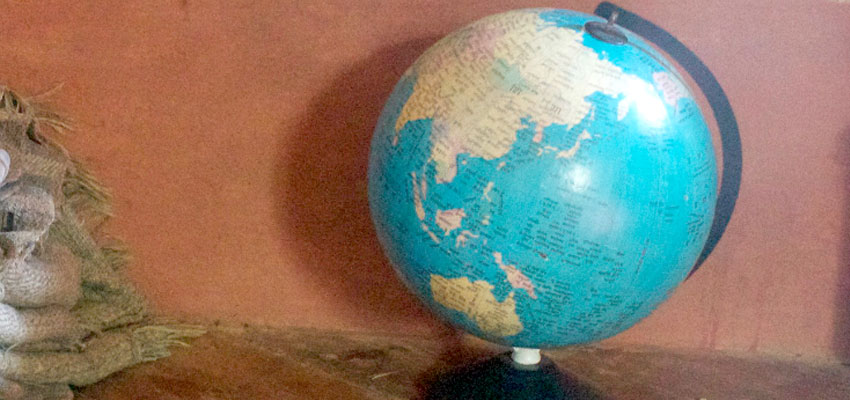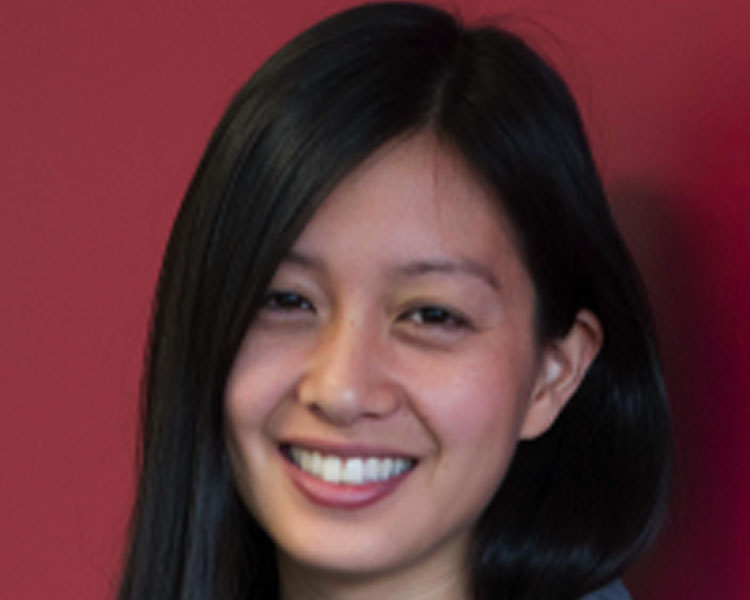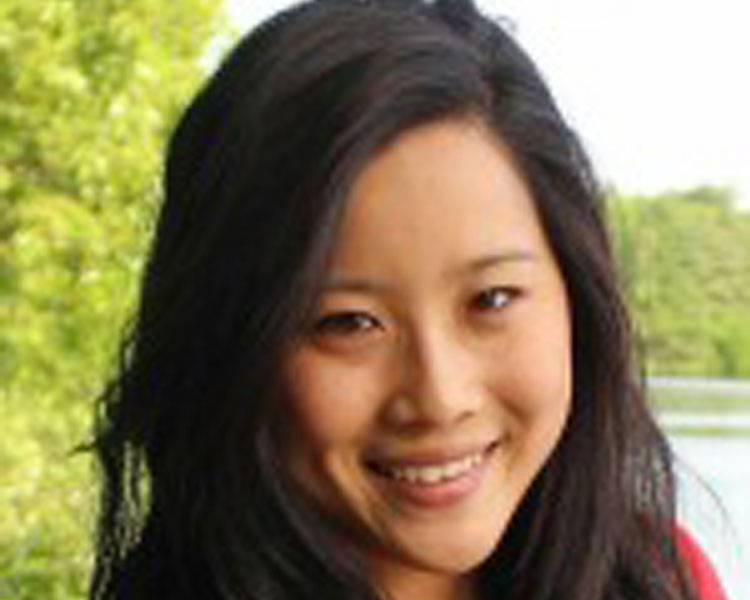
Years ago, when I was a freshman in college, I was walking through the MIT campus and ran into an acquaintance from high school. Much of our conversation was small talk, and not very memorable, but I do remember how the conversation ended. I walked away from him when he asked, “But aren’t you too smart to become a teacher?”
Now, as an elementary school teacher who has worked in Boston’s public, charter, and private schools, I see everyday that this profession risks becoming more and more confined, lifeless, and mindless. In recent years, one of the most widely used texts in teacher-training programs boils down the work of developing complex humans into 62 tips and tricks. Fill-in-the-blank statements and random acronyms meant to dumb down teachers. Meant to bolster the belief that good teachers are obedient and produce students who are just as compliant. The D-Lab: Education and Learning class is a place where we break that idea apart.
More than ever, we need educational leaders who value the pursuit of truth and hold a stance of inquiry. Classrooms should be incubators of radical risk-taking, reflective constructing, and disruptive imagining. In this “post-truth” climate, we need D-Lab’s design-centered, development-centered thinking to pervade our schools and youth culture.
Teachers, designers, and activists may all have different jargon and formalized protocols, but our questions are the same. How can we understand a classroom, a product, a community so that we can mobilize and empower change? Teachers must practice appreciative inquiry, approaching every student, every school, every system not as a deficit to be fixed, but as a rich source of knowledge and expertise, ready for harnessing into creative motion. The designers at D-Lab are artists, sociologists, engineers, and communicators. Teachers must be trained as such, too. If design through dialogue is meant to uproot the basic assumptions of cross-cultural engineering, then designers can learn from educators who have long viewed teaching as a subversive activity.
In this course, we will exist in the intersection between community organizing, engineering, and learning. We will co-create with you, the students, and with our partners in Thailand, Ghana, and Korea. We will work directly with youth in Boston to learn from their wisdom and build our empathy as educators. We will assume the expertise and truth of our partners’ experiences, and we will build projects that honor the potential that students and teachers have to better their worlds. We will approach problems, and the humans who have them, with an abundance model. We will design learning experiences that draw from the rich traditions of educational action-research and Deweyan thinking. We will teach occasional bad lessons, reflect, and have fun! Join us and prove that annoying high school friend of mine wrong. The first class for D-Lab: Education and Learning is Thursday, February 9th, at 4pm.



